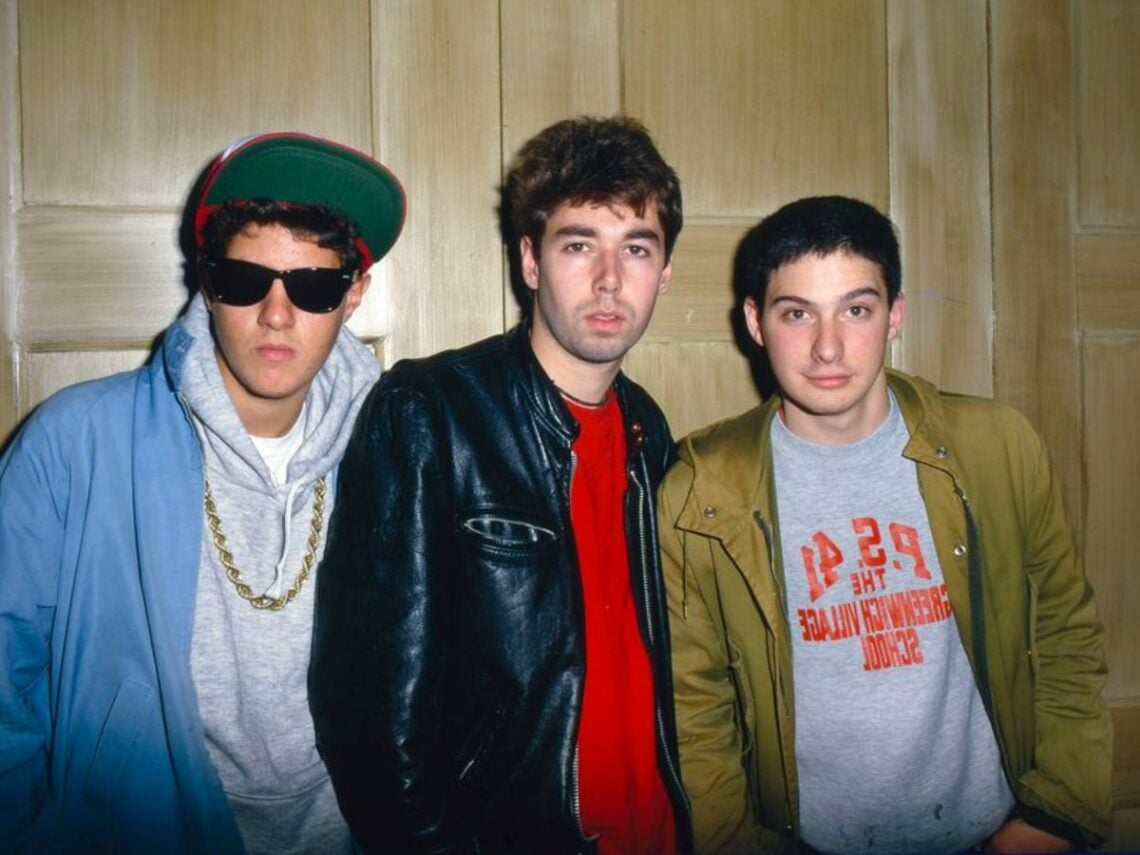The Beastie Boys, renowned for their pioneering contributions to hip-hop and rap music, surprised fans with their 1994 track ‘Bodhisattva Vow’. Departing from their typical party anthems and brash lyrics, this song delves into spirituality, self-improvement, and ethical commitment themes. This article will explore the profound and thought-provoking journey that the track takes listeners on. As Adam Yacuh noted: “The general concept behind the song was to take the meaning of Shantideva’s text, at least on the level that I understood it, and compress it into a modernized, three-verse rhyming song.”
‘Bodhisattva Vow’ is more than just a song; it’s a spiritual commitment. The term “Bodhisattva” originates from Buddhism and refers to someone who aspires to attain enlightenment but chooses to remain in the cycle of rebirth and suffering to help others reach enlightenment. The song’s title hints at the deeper themes explored within its lyrics.
The lyrics of ‘Bodhisattva Vow’ are a poetic exploration of self-improvement and compassion. The Beastie Boys’ verses express a genuine desire to be better individuals and positively impact the world. Lines like “I take refuge in the Buddha / I take refuge in the Dharma / I take refuge in the Sangha” signify a deep commitment to Buddhist principles and teachings.
In contrast to many of their earlier tracks that glorified materialism and hedonism, ‘Bodhisattva Vow’ encourages listeners to break free from the chains of consumerism and self-indulgence. The song highlights the importance of inner growth and personal transformation, emphasizing that true happiness is not found in possessions but in spiritual fulfilment.
The Beastie Boys’ production skills shine through in ‘Bodhisattva Vow’. They incorporate samples of Tibetan chants and instruments, infusing the song with an authentic, spiritual ambience. This choice of samples reinforces the track’s overarching message and creates a meditative atmosphere that invites listeners to reflect on their own journey towards enlightenment.
Listening to the track is like embarking on a spiritual journey. The song’s tranquil tempo, combined with its contemplative lyrics, invites introspection. It encourages listeners to consider their own values, aspirations, and commitments. The Beastie Boys use their platform to convey a message of personal growth and moral development, a departure from their earlier work.
The Beastie Boys’ exploration of Buddhism and their incorporation of Tibetan sounds showcase their open-mindedness and willingness to explore diverse cultural influences. In doing so, they expose their audience to the rich tapestry of global spiritual traditions. ‘Bodhisattva Vow’ bridges western popular culture and eastern spirituality, fostering cultural exchange and understanding.
While ‘Bodhisattva Vow’ may not be the most commercially successful Beastie Boys song, it remains a significant piece of their discography. It’s a testament to their evolution as artists and individuals. The song stands as a reminder that even those deeply embedded in the world of hip-hop and pop culture can be drawn to profound spiritual concepts and strive for personal growth.
The Beastie Boys’ ‘Bodhisattva Vow’ is a remarkable departure from their earlier music, both in terms of style and content. It delves into the realm of spirituality, encouraging listeners to reflect on their values and commitments. With its tranquil ambience and deep lyrics, the song serves as a meditative journey, inviting us to break free from materialism and embrace personal growth. It also demonstrates the Beastie Boys’ capacity to embrace diverse cultural influences and share profound messages through their art.
‘Bodhisattva Vow’ continues to inspire those who seek a deeper connection with themselves and the world around them, making it a notable and enduring piece of the Beastie Boys’ legacy.
